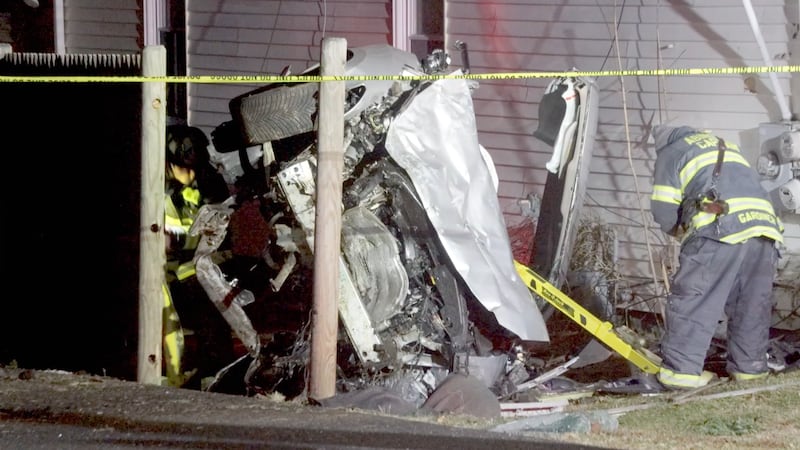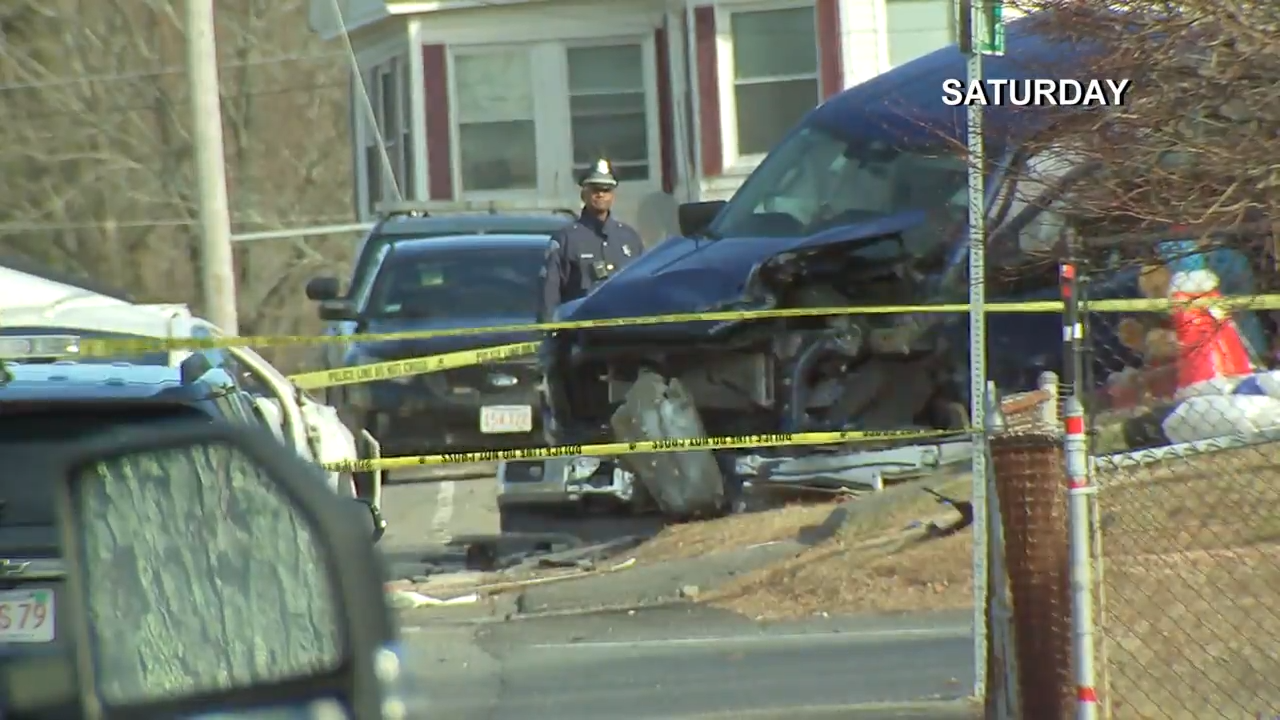BOSTON — Families living near so-called ‘Methadone Mile’ describe their neighborhood nightmare “reaching new extremes” in recent months.
From a weekly increase in homeless encampments to daily reports of human feces on people’s properties – some have finally had enough.
Boston 25 News spoke with several South End residents who have put their home on the market or are planning on doing so in the next month.
Those residents said the issues that the city promised to fix in the Mass/Cass 2.0 plan have only gotten worse during the pandemic.
That plan included a promise to decentralize services in the area. Neighbors said, if anything, more services have been added to the area.
“A lot of things that make this neighborhood wonderful don’t exist anymore,” said new mother Alexandra Krotinger. “It makes me sad because I don’t know what it’s going to take.”
Alexandra Krotinger and her husband plan to put their East Springfield home on the market next month.
They said they are doing so for the safety of their 11 and a half-month-old son and for their own sanity.
“I just can’t live like this, and my family needs better,” explained Krotinger. “I keep thinking we’ve reached the boiling point and we haven’t.”
Krotinger is among a long list of neighbors who report an increase in daily encounters of human feces on front steps, sidewalks and in alleyways.
Neighbors believe the closure of public restrooms during the pandemic and the increase in the number of homeless people congregated in the area has contributed to the escalating problem.
“Why do I have to weave around piles of human poop in with my stroller,” questioned Krotinger. “It doesn’t make any sense that I’m living in Boston. It’s like a Third World country.”
Neighbor Elizabeth Schwartz, who’s a mother to a 16-month-old boy, just put her Mass Ave condo on the market last week.
“It breaks my heart that I have to leave because I don’t want to leave,” said Elizabeth Schwartz. “It’s just too much.”
Schwartz said she recently had to clean human feces off her front steps after reporting it to 311.
“If it’s on private property, the city won’t clean it up,” said Schwartz. “Human waste is something you see close to every day.”
Schwartz believes the comfort station set up by the city has led to an exponential increase the volume of people gathering in the area.
She said the noticeable increase in homeless encampments, creeping closer to people’s homes, are also hard to ignore.
“It’s hard to believe you’re driving through a world class city,” she added.
A spokesperson for the city of Boston released the following statement to Boston 25 News:
“Several City departments make up a Coordinated Response Team to address 311 complaints regarding substance use disorder/mental health and homelessness with care and intent to offer resources to all individuals. Our street outreach teams offer shelter beds, treatment pathways and resources to any unsheltered individuals or those suffering from substance use or mental health issues. Reducing trash and debris in public spaces through ongoing cleaning and attention to streets is one of the goals of our Mass/Cass 2.0 plan by increasing options for proper disposal of syringes and having a DPW Special Operations Team dedicated to the Massachusetts Avenue and Melnea Cass Boulevard area.”
Cox Media Group





